At-Will Employment
In Missouri, the principle of "employment at will" applies, meaning that employers can terminate employees at any time, for any reason, or for no reason, as long as no other laws are violated. However, employers should be aware that no implied contracts are created outside of a written employment agreement. This means that unless there is a formal, written contract stating otherwise, employees are presumed to be employed at will.
Missouri courts have reinforced this principle in cases such as Johnson v. McDonnell Douglas (1988) and Enyeart v. Shelter Mutual Insurance Co. (1989). To avoid misunderstandings and ensure legal compliance, employers are encouraged to clearly define employment terms in their contracts and policies.
To ensure your policies align with Missouri law and to reduce the risk of wrongful termination claims, employers should maintain well-drafted employee handbooks and update them regularly.
For comprehensive training on maintaining at-will employment, visit EmployerESource and explore our training webinars. These resources offer valuable information for business owners and managers seeking to stay informed and compliant.
For any questions about at-will employment and how to preserve this relationship, please contact EmployerESource. We’re here to provide expert guidance and support.
Ban the Box
Missouri “Ban the Box” Laws for Private Sector Employers – Overview by City
In Missouri, several cities have implemented “Ban the Box” ordinances aimed at fair-chance hiring by limiting when private employers can inquire into a job applicant’s criminal history. Here’s a breakdown of the requirements in key cities:
Columbia, MO
Applies To: All private (and public) employers in Columbia, MO.
Inquiry Timing: Employers may only ask about criminal history after a conditional offer of employment has been made.
Adverse Action: An individualized assessment is recommended before withdrawing the offer, allowing employers to consider the relevance of the conviction to the job.
Kansas City, MO
Applies To: Private employers with 6 or more employees.
Inquiry Timing: Criminal history inquiries are allowed only after the applicant is interviewed and deemed qualified.
Adverse Action: Employers are required to conduct an individualized assessment considering the severity, recentness, and relevance of the offense to the job before taking adverse action.
St. Louis, MO (Effective January 1, 2021)
Applies To: Private employers with 10 or more employees (as well as public employers).
Inquiry Timing: Criminal history cannot be considered until after interviews are completed or the applicant is in the final selection pool.
Adverse Action: Employers must show the decision is based on all relevant information and that the offense is reasonably related to job duties.
Job Postings: Job ads and applications may not exclude individuals based on criminal history.
Exceptions: Certain regulated roles may be exempt under local, state, or federal law.
Employer Guidance:
Missouri’s “Ban the Box” requirements vary by city and can change. To stay compliant, employers should ensure hiring practices are up-to-date and aligned with local ordinances. For industry-specific tools and customized HR support, contact EmployerESource.
To keep your policies up to date, download a customized, industry-specific employee handbook and contact EmployerESource with any HR or compliance questions.
Final Wages
Under Missouri law if an employer discharges or refuses to continue employing an employee, the unpaid wages the employee has earned at the agreed contract rate must be paid on the day of discharge. If the employee requests in writing, the employer must send the due wages, or a valid check, to a designated station or office. If the payment does not arrive within seven days from the request, the employer is subject to a penalty: wages will continue at the same rate until payment is made, but this penalty will not exceed sixty days.
This provision does not apply to employees whose compensation is primarily based on commissions and whose duties involve activities like account collection or stock management, where an audit is necessary to determine the net amount due.
To avoid penalties, employers should ensure they meet the requirements for timely wage payments and have clear processes in place for managing employee terminations and final pay.
Download your customized, state-specific employee handbook today to ensure your policies are up to date, and contact EmployerESource for expert HR support and compliance guidance.
Garnishments of Pay
Under Missouri law, employers are permitted to charge a fee not exceeding $6 per month for each payment processed for an employee under an income withholding order for child support. This fee is in addition to the amount deducted for support or maintenance, and the total deductions must comply with the limitations set forth in the Federal Consumer Credit Protection Act.
If an employee (obligor) terminates their employment with an employer subject to an income withholding notice, the employer is required to notify the court in writing about the termination. Additionally, the employer must provide the last known address of the obligor and, if available, the name and address of the obligor's new employer.
Employers should ensure they follow these procedures to remain in compliance and avoid legal complications. For further assistance with child support and income withholding regulations, download your customized employee handbook and reach out to EmployeESource for expert HR and compliance guidance.
Jury Duty
In Missouri, employers are prohibited from disciplining or terminating employees for receiving or responding to a jury summons. Employees cannot be forced to use annual, vacation, personal, or sick leave for time spent related to jury duty, including responding to a summons, participating in jury selection, or serving on a jury.
If an employer has five or fewer full-time employees, the court will automatically postpone jury duty for a summoned employee if another employee from the same employer has already been summoned during the same period. This provision ensures that employers with smaller workforces aren't unduly impacted by jury duty.
To ensure compliance and avoid potential legal issues, employers should clearly outline jury duty policies in their employee handbook. Download your customized, state-specific handbook today and contact EmployerESource for more information on employee leave and legal compliance.
Voting Leave
Under Missouri law any employee entitled to vote in an election is entitled to three hours off work on the day of the election to cast their vote, without penalty, provided they give prior notice to their employer.
Employers cannot discharge, threaten to discharge, or penalize employees for taking this time off, and no deductions can be made from their wages or salary for this absence.
However, employees must request this leave before election day, and the employer may designate which three-hour period during polling hours the employee may be absent.
To ensure compliance and avoid legal issues, employers should clearly outline this policy in their employee handbooks. Download a customized, state-specific handbook today, and reach out to EmployerESource for guidance on handling employee leave and other HR-related concerns.
Wage Reduction
Employers in Missouri who wish to reduce the wages of their employees must provide 30 days' notice before implementing the wage cut.
This summary ensures that employers are aware of their obligations under Missouri law regarding wage reductions. For further compliance assistance or to tailor policies for your specific industry, consider downloading a customized, state-specific employee handbook or contacting EmployerESource for expert HR support.

